Health continues to be a challenge in many African countries, not least with the spread of coronavirus across the continent, with 418 cases as of March 18. While the Ebola epidemic that began in 2018 in the Democratic Republic of the Congo and claimed 2,264 lives in 20 months is on a trajectory to end officially, by mid-April other challenges, like malaria and high mother and infant mortality, continue to challenge health systems. Then again, health outcomes are improving with the development of health service coalitions and continued efforts toward SDG 3, “Ensure healthy lives and promote well-being for all at all ages.”
Notably, Africans view their national health systems very differently according to a 2016-2018 Afrobarometer survey examining citizens’ opinions on improvements in basic health services across the continent.
In the survey, 45,714 individuals from 34 countries were asked, “How well or badly would you say the current government is handling the following matter: Improving basic health services?” Notably, the results vary from country to country. Gabon’s citizens rated their government the lowest, with 54.2 percent of respondents saying the government performs “very badly.” Morocco, Sudan, and Tunisia follow closely with majority negative reviews.
In contrast, Eswatini has the most positive responses: More than 82 percent of respondants said their government has done “fairly well” or “very well” in improving health services. Ghana, Kenya, Mauritius, Sao Tome and Principe, and numerous other countries had a large majority of positive responses, and the average consensus among the 34 nations was generally positive with 52.2 percent of ratings as “fairly well” or “very well.”
Figure 1. How well or badly does your government handle improving basic health services?
Source: Afrobarometer, “Handling improving basic health services,” 2016-2018.
As the world moves forward in fighting this pandemic, African countries are also implementing policies and procedures to protect its citizens. The coming weeks will demonstrate the abilities of health services to adequately care for citizens across the continent.
For more on COVID-19 and the African response, see Brahima S. Coulibaly and Payce Madden’s recent blog, “Strategies for coping with the health and economic effects of the COVID-19 pandemic in Africa.”
The Brookings Institution is committed to quality, independence, and impact.
We are supported by a diverse array of funders. In line with our values and policies, each Brookings publication represents the sole views of its author(s).


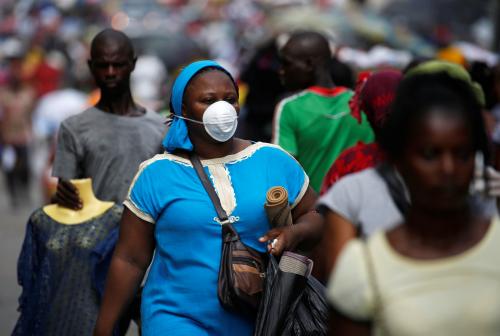
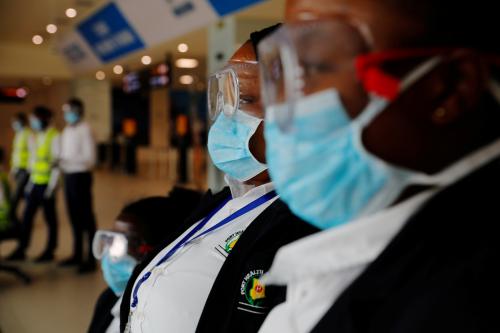
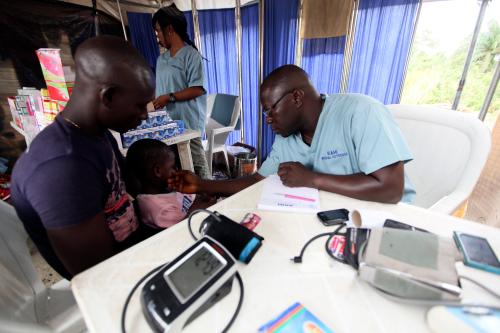

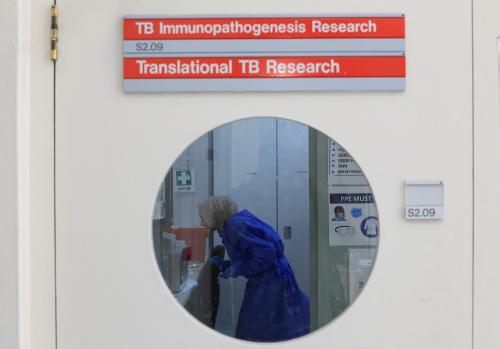
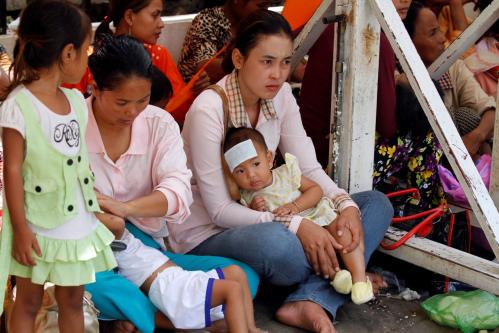
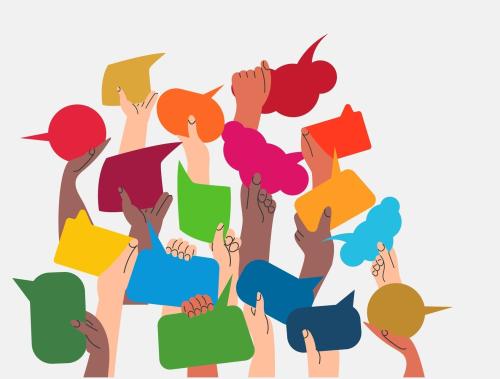
Commentary
Figure of the week: African citizens’ views of basic health services
March 19, 2020